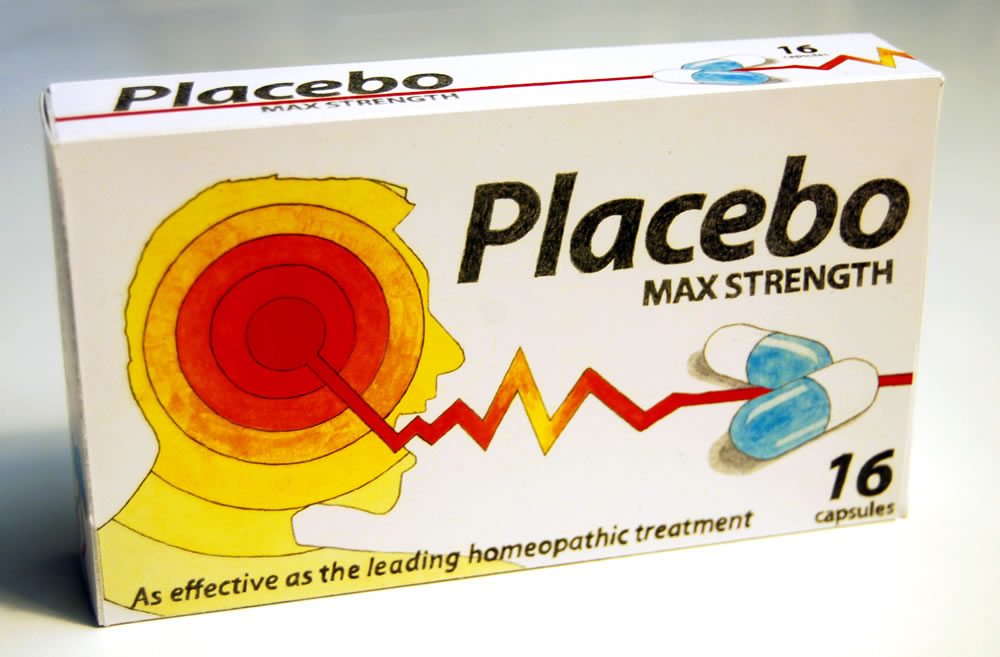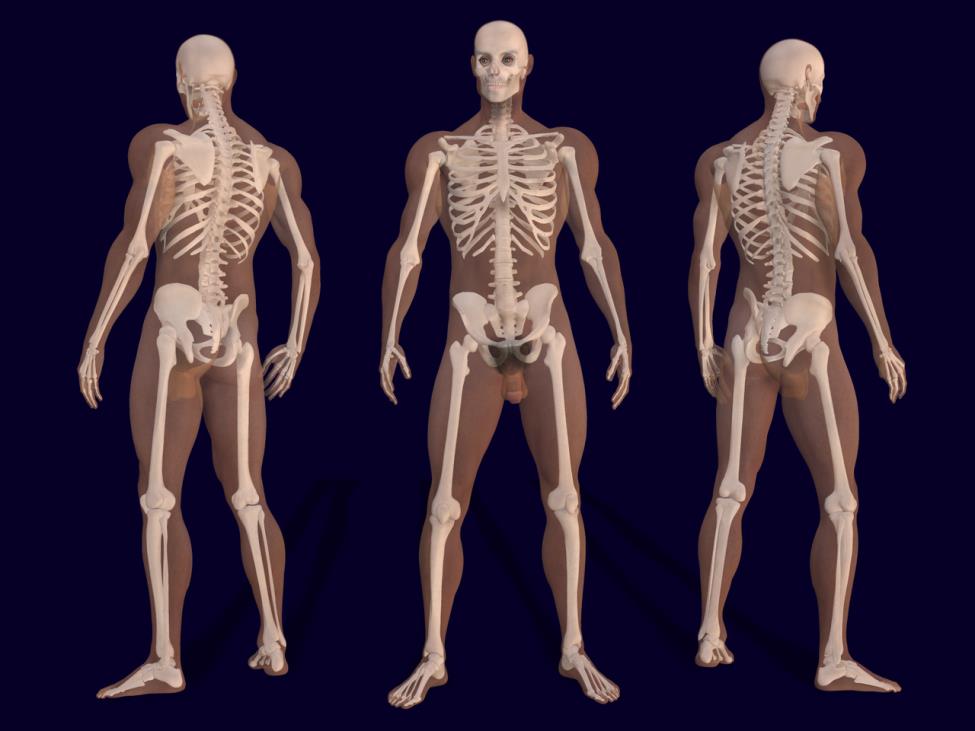Results for: non-specific effects
One Flu Into the Cuckoo’s Nest
“I don’t seem able to get it straight in my mind….” ― Ken Kesey, One Flew Over the Cuckoo’s Nest Influenza is going gangbusters at the moment. I like going to Google Flu trends as well as the CDC flu site to see what flu is doing. Using Google searches as a surrogate for infections is an interesting technique that public health...

The Placebo Narrative
Science journalist Sharon Begley wrote a recent piece in The Saturday Evening Post about Placebo Power. The piece, while generally better than the typical popular writing on placebos, still falls into the standard placebo narrative that is ubiquitous in the mainstream media. The article is virtually identical to a dozen other articles I have read on placebo effects in the popular press,...
Alternative Arthritis Treatments
A recent report commissioned by Arthritis Research UK reviewed 25 so-called “alternative” therapies for arthritis. They found, not surprisingly that there is little evidence to support most the studied treatments. “There’s either no evidence that they’re effective or there’s some evidence that they are not effective. Says lead author, Dr Gareth Jones. It is important to note that we are not just talking...

The Placebo Gene?
A study recently published in PLOS one (Catechol-O-Methyltransferase val158met Polymorphism Predicts Placebo Effect in Irritable Bowel Syndrome) purports to have found a gene variant that correlates strongly with a placebo response in irritable bowel syndrome (IBS). The study is small and preliminary, but the results are interesting and do raise important questions about placebo responses. Researchers are increasingly trying to tease apart...
Iron supplements for fatigue
How are you feeling today? Tired? Is it your active lifestyle wearing you down? Or is it a sign of something more serious? Complaints about fatigue seem ubiquitous. Perhaps it’s a product of a culture with little downtime. Yet from a medical perspective, fatigue can’t be dismissed with a simple instruction to “get more sleep”. When approached in the pharmacy, I take...
Therapy or Injury? Your Tax Dollars at Work.
The U.S. Army Medical Command recently announced a job opening in the Interdisciplinary Pain Management Center at the San Antonio Military Medical Center at Fort Sam Houston, Texas. Two GS-12 positions were advertised for acupuncturists at a salary of $68,809 to $89,450. As a licensed acupuncturist, a candidate would be expected to offer a full array of the most current and emerging evidenced based...

NCCAM manipulates spinal manipulation
“Complementary and alternative medicine,” as pediatrician and fellow blogger John Snyder aptly stated in a recent journal article on CAM and children, is a term used to describe a disparate, poorly defined set of practices and treatment modalities presumed to be distinct from so-called ‘conventional medicine’. As we have discussed here at Science-Based Medicine, this amorphous concept facilitates a convenient fluidity in delineating...
Systemic Enzyme Therapy
One of the recurrent themes in alternative medicine is the practice of simplifying complex medical conditions, and then offering up equally simple solutions which are positioned as still being within the realm of science. This approach allows the practitioner to ignore all of the complexity and difficulty of practicing real medicine, yet offer nostrums that, on first glance, can sound legitimate. Science-y,...
The Marino Center for Integrative Health: Hooey Galore
Two weeks ago I promised that I would discuss the Marino Center for Integrative Health, identified in the recent Bravewell report as having a “hospital affiliation” with the Newton-Wellesley Hospital (NWH) in Newton, Massachusetts, which is where I work. I also promised in that post that I’d provide examples of ‘integrative medicine’ practitioners offering false information about the methods that they endorse. I’d...

Is gluten the new Candida?
Celiac disease and non-celiac gluten sensitivity are very different things. The former has a large, visible, well-understood scientific foundation that is lacking in the latter.

